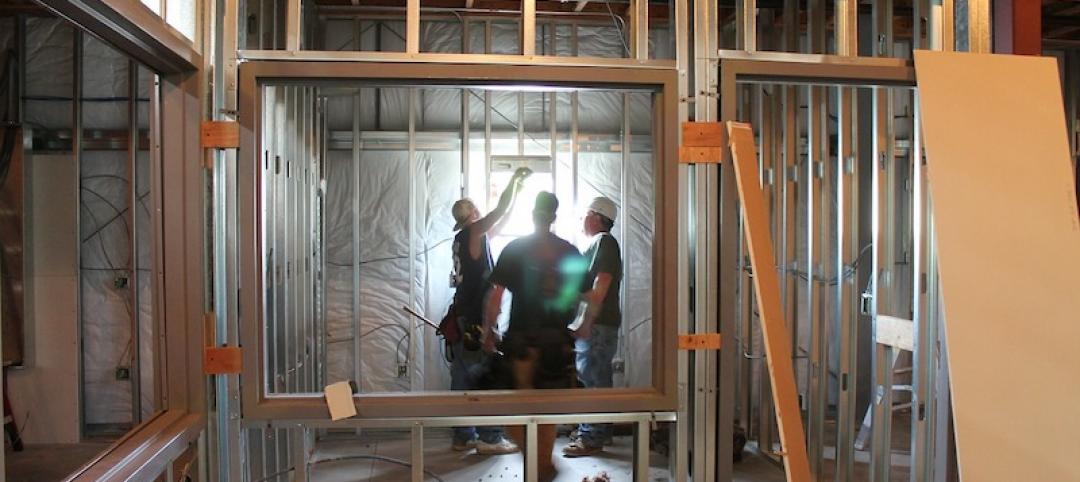Delayed payments are costing both general contractors and subcontractors tens of billions annually, according to a new study.
The study was conducted by construction finance platform Rabbet, formerly Contract Simply, in partnership with Procore Technologies. A similar study by Rabbet in 2018 found that slow payments cost subcontractors $40 billion.
This year, the company added general contractors to the study, and found payment delays cost all contractors an estimated $64 billion. More than 60% of subcontractors said they have decided not to bid on certain projects if the owner or general contractor has a reputation for paying late. Some 72% said they would offer a 1% to 5% discount for quicker payments.
Just 39% of subcontractors said that they are able to cover late payments with cash on hand. Slow payments by owners drive up the cost of projects by about 5.3%, according to the study. Owners also risk mechanic’s liens and project shutdowns when they pay late.
Related Stories
Codes and Standards | May 8, 2020
New NIBS report evaluates natural disaster mitigation strategies
Document examines strengthening buildings for flood, wind, wildfires, and earthquakes.
Codes and Standards | May 6, 2020
A few ways contractors can manage COVID-19 risks
Staggered start times, rigorous tool cleaning, virtual training among the strategies.
Codes and Standards | May 5, 2020
NAHB loses influence in 2021 IECC building code development
Despite objections from the National Association of Home Builders (NAHB), the development of the 2021 International Energy Conservation Code (IECC) is nearing conclusion. NAHB objected to several more stringent energy efficiency provisions.
Codes and Standards | May 5, 2020
2020 IECC will lead to significant carbon emissions reductions
New model building code nearly finalized.
Codes and Standards | May 4, 2020
New York expands prevailing wage law
Now includes private projects with 30% or more of public subsidies.
Codes and Standards | May 1, 2020
OSHA says most employers don’t have to track worker COVID-19 infections
Agency clarifies responsibility for contractors, others.
Codes and Standards | Apr 29, 2020
New York City tightens restrictions on construction during pandemic
Dept. of Buildings has issued more than 100 violations and stop-work orders.
Codes and Standards | Apr 28, 2020
ASHRAE, WELL panels to tackle revising standards to limit spread of viruses in buildings
Will examine ways to reduce infectious threats through building designs and operations.
Codes and Standards | Apr 24, 2020
Dept. of Labor issues guidance for respiratory protection during N95 shortage
Elastomeric respirators or powered, air-purifying respirators, and expired N95s are allowable alternatives
Codes and Standards | Apr 23, 2020
Group will create ecosystem for smart building data
Seven Finnish companies aim to integrate all technical systems into a single platform.

















